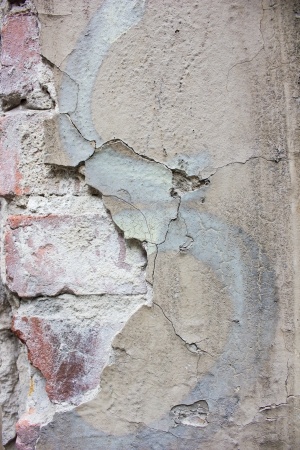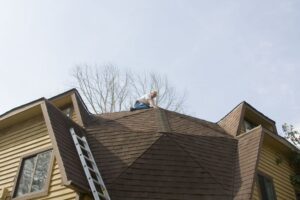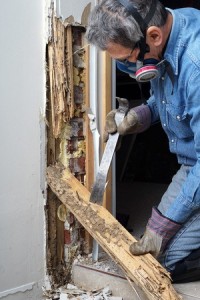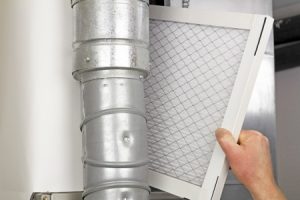 Summer will be here before we know it. It won’t be long before you are relying on your home’s HVAC system and, more specifically, your home’s air conditioner to keep your house cool. But before you start using it on a regular basis, you should take the time to prepare it for the summer season.
Summer will be here before we know it. It won’t be long before you are relying on your home’s HVAC system and, more specifically, your home’s air conditioner to keep your house cool. But before you start using it on a regular basis, you should take the time to prepare it for the summer season.
Here are some tips for getting your A/C unit ready for warm weather.
Inspect the Outdoor Condenser
Did you cover your condenser to protect it from the elements during the winter? If so, now is the time to remove your cover and put it away until the fall. It’s also time to inspect the panels on your condenser to make sure they are intact and free of any debris. Additionally, you should check to make sure you don’t need to repair or replace the insulation that should be wrapped around your consensus’s suction line. In general, take a look in and around the condenser to make sure it appears to be in good working order.
Indoor Air Handler Unit
Before you start using your A/C unit at the start of the summer season, you should change your air filter. You should also make sure the coil drainage hose is set up properly and ready to carry away any condensation once your A/C is turned on. It’s also a good idea to clean dirt, dust and debris from the air vents and return grills in your home.
Make Sure the A/C Unit Works When Turning it On
Once you have inspected all of your A/C equipment inside and outside of your home, you should turn your HVAC system on to make sure everything works the way it should. If you hear any unfamiliar noises coming from your A/C unit or you don’t feel any cool air coming out of your home’s vents, you could have a hidden issue within the system. It’s better to find this out now when the temperatures are still mild outside rather than waiting for the first heat wave to learn that your A/C system is broken.
Want to make sure your HVAC system is in good working order? Give us a call today at 773-429-9711 to learn more about the mechanical services we include in our professional home inspections at First Choice Inspectors.
 Long winters can subject your home to some serious wear and tear. Snowmelt can reveal all sorts of issues of varying severity that went unnoticed throughout the cold season. It’s important to take care of these maintenance items quickly in order to protect your home from further damage. The spring is the perfect time to get out and tackle these molehills before they become mountains. In this entry, we’ll look at a few simple steps you can take to protect and preserve your home this spring.
Long winters can subject your home to some serious wear and tear. Snowmelt can reveal all sorts of issues of varying severity that went unnoticed throughout the cold season. It’s important to take care of these maintenance items quickly in order to protect your home from further damage. The spring is the perfect time to get out and tackle these molehills before they become mountains. In this entry, we’ll look at a few simple steps you can take to protect and preserve your home this spring.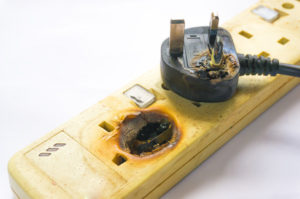 Many electrical devices and appliances are invaluable household tools, but they can also constitute dangerous safety hazards if you’re not careful. The first step toward preventing electrical hazards is educating yourself about them! Today we’ll address a few of the most common fire hazards to keep an eye out for in your home.
Many electrical devices and appliances are invaluable household tools, but they can also constitute dangerous safety hazards if you’re not careful. The first step toward preventing electrical hazards is educating yourself about them! Today we’ll address a few of the most common fire hazards to keep an eye out for in your home.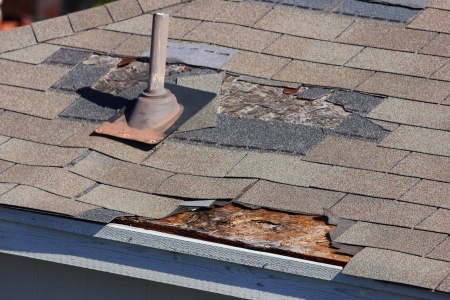 What are some signs you need a new roof? Well, for starters, consider the roof’s age. Most roofs last between 20 and 25 years, so if the roof hasn’t been replaced in several decades, it might be time to call First Choice Inspectors to come take a look and see about a possible replacement.
What are some signs you need a new roof? Well, for starters, consider the roof’s age. Most roofs last between 20 and 25 years, so if the roof hasn’t been replaced in several decades, it might be time to call First Choice Inspectors to come take a look and see about a possible replacement.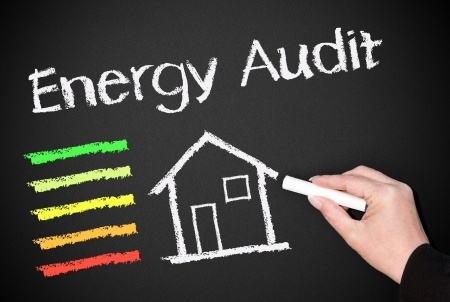
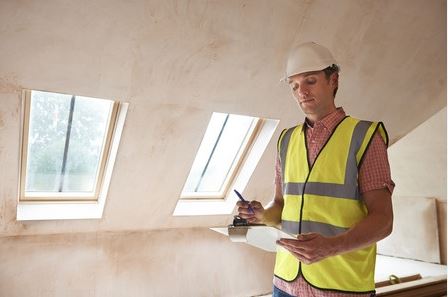 If you buy a brand new home, should you have an inspection done before you buy it and/or move in? The answer is yes. Even if the builder claims the inspection might void their insurance policy or says they’re afraid someone might get hurt during the inspection, you should still have an objective third party inspect it. If you are serious about protecting your investment and taking care of the home you’re going to assume ownership of, a fresh set of eyes should take a discerning look at what has been constructed. You want to know that what you’re buying is in great condition.
If you buy a brand new home, should you have an inspection done before you buy it and/or move in? The answer is yes. Even if the builder claims the inspection might void their insurance policy or says they’re afraid someone might get hurt during the inspection, you should still have an objective third party inspect it. If you are serious about protecting your investment and taking care of the home you’re going to assume ownership of, a fresh set of eyes should take a discerning look at what has been constructed. You want to know that what you’re buying is in great condition.